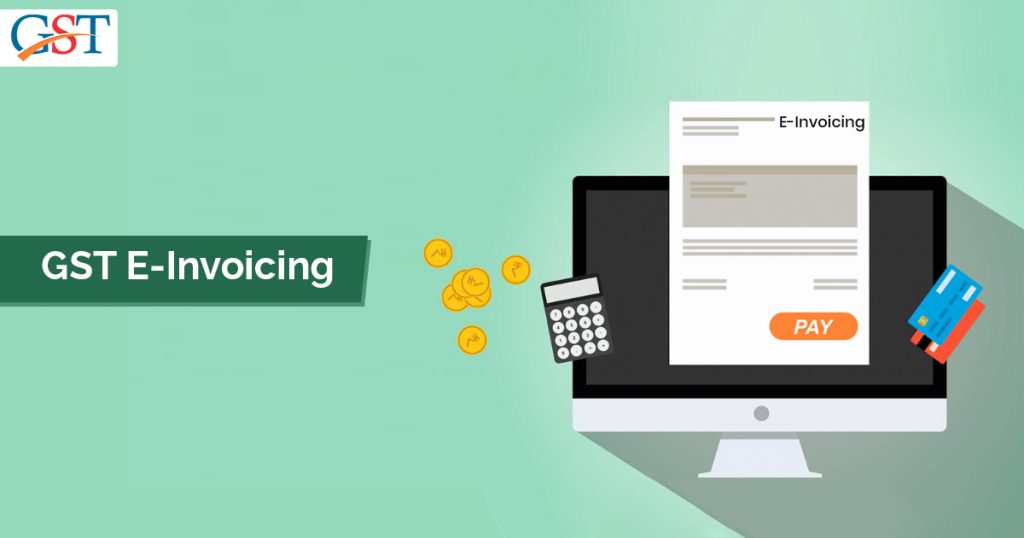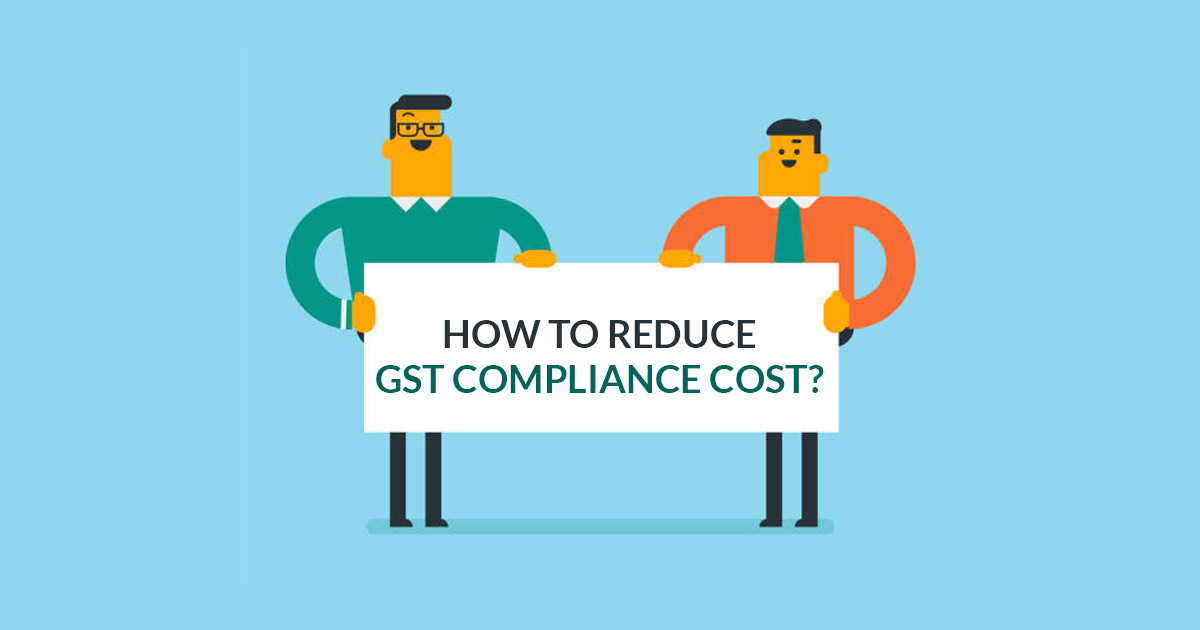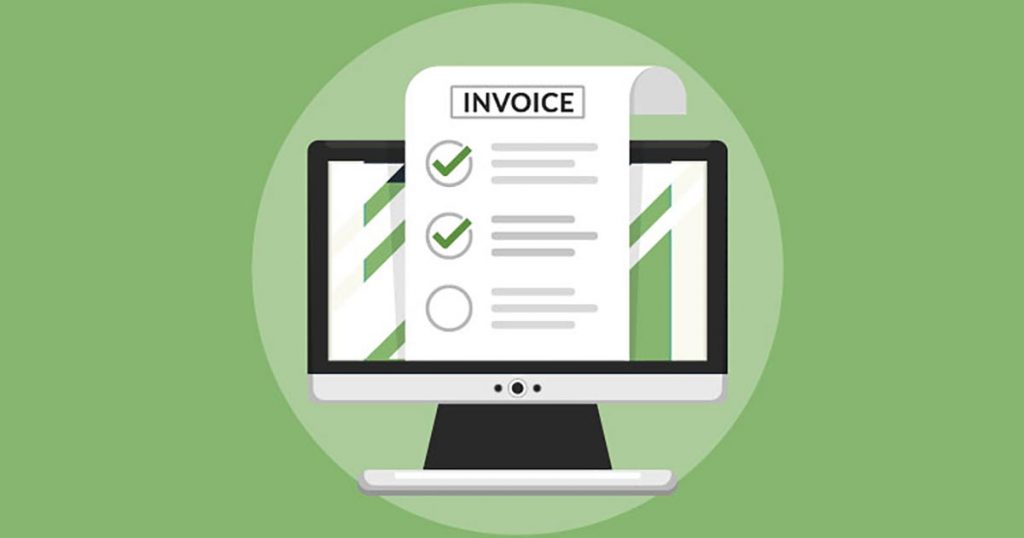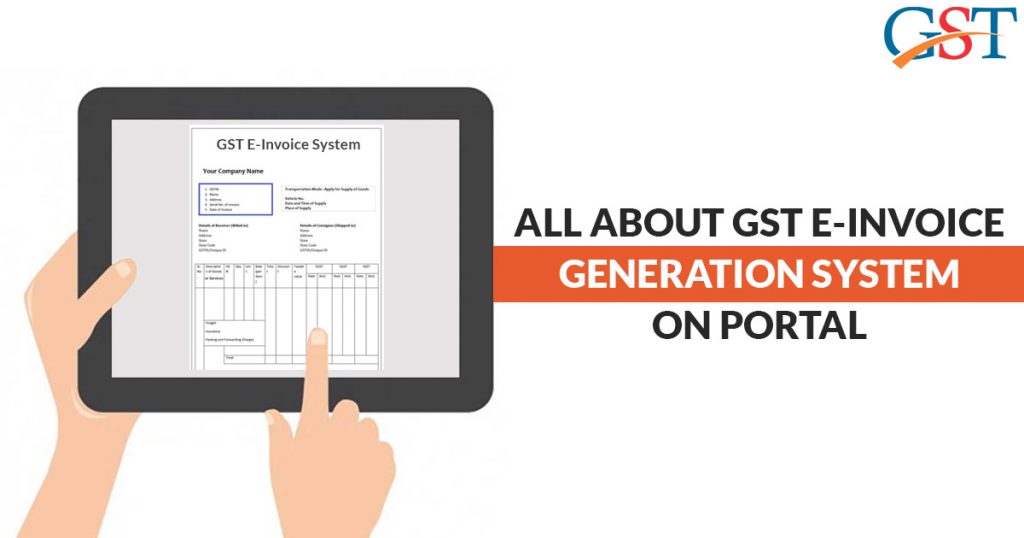
It is a Momento for all the businesses operating in India if the annual turnover of any business is more than Rs. 100 Crore then the supplier is required to generate the e-invoice for every sale. E-invoicing will be mandatory for such business from 1 April 2020. The provision will favour the tax government against GST evasion.
Starting with the firms doing the business of Rs. 500 Crores per year, the government will rule out the law of e-invoicing on a voluntary or trial basis from 1 January 2020. For businesses with an annual turnover of Rs. 100 Crore will start on with the same process from 1 February 2020.
The provision is a step towards ease GST compliance facilitating the genuine taxpayers 
As per the statistics given by the government, there are 7,500 GST Identification Numbers (GSTIN) registered of taxpayers with an annual turnover of Rs. 500 Crore and above, who are supposed to be switching on to e-invoicing as soon as 2020 starts.
Adding on to that, businesses earning less than Rs. 100 Crore per year can voluntarily start on with e-invoicing (from April 1, 2020) to earn the various benefits over tax compliances.
E-invoicing will help MSMEs instantly get a loan from the bank. There is no need for MSMEs to submit plenty of physical documents to get their loans sanctioned by the bank. Instead, banks can rate the MSMEs for loan preferences based on their e-invoicing, said government release.
The provision proves to be a rescuer at the time when the tax department is struggling with revenue targets mentioned in the Union Budget.
GST collection plummeted to a 19-month low in September at Rs 91,916 crore, and remained well under the Rs 1 trillion mark for the third straight month in October at Rs 95,380 crore, 5.3 percent lower than the corresponding month last year.
Over the provision, MS Mani partner Delliotte India says that the provision is expected to curb tax evasion leading to a considerable enhancement in revenue collection over the period of time.
Implementation of the provision is a little tricky but in the long run, will pour benefits both to the taxpayers and tax government. Inaugurating from the big businesses who are willing to opt for the process, outcomes of the law will soon be revealed.
Preference is the big business as such a huge technology change is not advised for small and medium ones. This may cause a huge discomfort to the small and medium businessmen.
The suggested mechanism says that the main goods and services tax invoicing system will be linked to the GSTN Portal, the GST e-invoices thus generated 
The GST e-invoicing mechanism is prevalent in many developed nations like South Korea and other Latin American countries. The conclusion given by the government is that the invoice will be reported by the taxpayer to Invoice Registration Portal (IRP) which in return will generate the Invoice reference number and will authenticate the invoice with a digital signature and sign the QR code.
Introducing the GST e-invoicing mechanism on a voluntary basis 